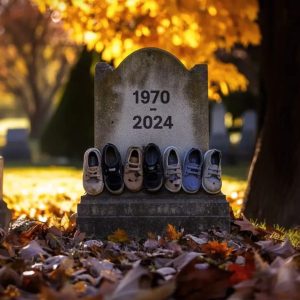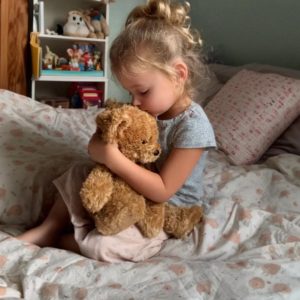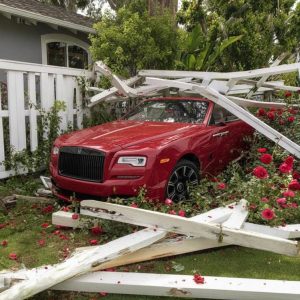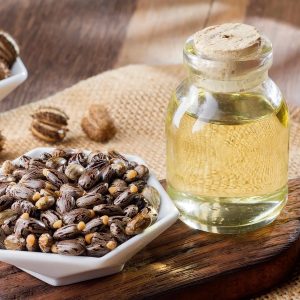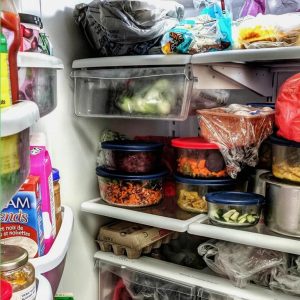Every year, my husband Eli forbade any kind of 4th of July celebration. No flags, no fireworks—nothing. I stopped asking him why after years of being shut down. But this year, our curious two-year-old son Caleb asked a simple question over dinner that pierced through Eli’s walls: “Is it true you don’t want to celebrate the 4th ’cause of your brother?” The question made Eli freeze, and for the first time, I saw a glimpse of the pain behind his silence.
The next morning, I found Eli’s office unlocked. Inside a drawer, I discovered an old photo album. One photo showed Eli and another young man, both in army uniforms, arms around each other, grinning. The back read: “Eli & Mason. July 4, 2008. Camp Maddox.” Mason. The name hit me hard. He wasn’t Eli’s brother by blood, but from that photo—and the way Eli never mentioned him—it was clear he had been something deeper. I followed the address on the photo, which led me to a quiet cemetery outside town.
There, I found Eli sitting by a white headstone. Mason J. Ryland. His eyes were red, his voice low as he finally told me the truth. Mason was his closest friend, a brother in arms. On July 4th, years ago, Mason saved Eli’s life during an ambush, pushing him out of harm’s way. Mason died in the explosion. Since then, Eli couldn’t bring himself to celebrate—felt it was disrespectful to honor a holiday that took his friend from him. But I told him the truth: Mason died so Eli could live, not carry guilt like a punishment.
That night, we sat on the lawn as fireworks bloomed overhead. Caleb danced with a sparkler, his laughter filling the air. Eli stood beside me, then slowly sat down, taking Caleb’s hand. For the first time in years, he let the celebration happen—not because he forgot Mason, but because he finally understood that remembering him didn’t mean burying joy. As the sparks lit up the sky, my husband smiled—not a big one, but enough to know something in him had shifted. And maybe, just maybe, healing had begun.

